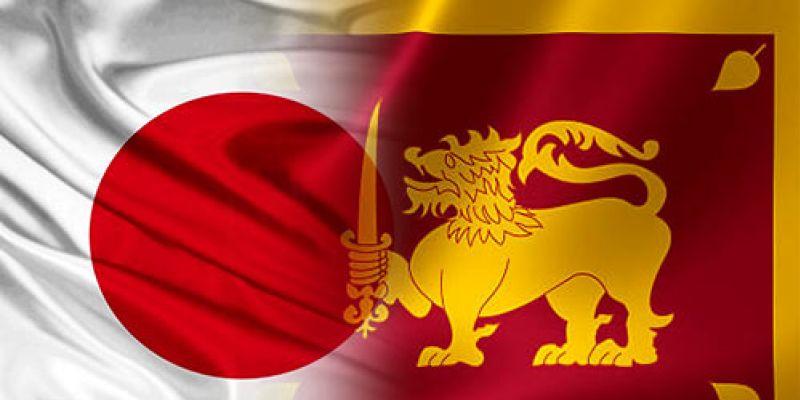Japan has reiterated that it is working hard to help Sri Lanka overcome the economic crisis.
During an interview with the Reuters News Agency, Vice Minister of Finance for International Affairs of Japan Masato Kanda has said Japan is working hard to help Sri Lanka, which is suffering its deepest economic crisis in 70 years, by coordinating with the Paris Club of creditor nations and the International Monetary Fund to ensure the participation of China and India in efforts to restructure the debt.
Referring to a Group of 20 mechanism designed to provide a swift and comprehensive debt restructuring for nations facing difficulty meeting debt obligations after the COVID-19 shock to their economies, Vice Minister Masato Kanda said, “It is desirable to work with these non-Paris Club countries in the same way with the Common Framework.”
He noted that, “If this is realised, it would pave the way to carry out debt restructuring for other middle-income countries.”
Vice Minister Kanda stressed that crisis-hit Sri Lanka was a key issue when it came to helping countries in debt but he was not sure when creditors aiming to extend it loans would meet.
Meanwhile, Vice Minister Masato Kanda said Japan, as this year’s Group of Seven (G7) chair, expects Russia’s invasion of Ukraine to dominate talks this year among the world’s major advanced economies.
Vice Minister Kanda, who will oversee deputy-level negotiations on economic policy among the G7 nations this year, said among other issues at the top of the G7 agenda would be global debt problems.
He noted that while aggressive U.S. interest rate increases last year weighed on emerging market dollar-denominated debt, middle-income countries have been left without an international arrangement to address the debt crisis.
Accordingly, leaders of the major advanced economies are expected to discuss the debt issues faced by middle-income countries such as Sri Lanka at length.
Japan was one of the first countries that President Ranil Wickremesinghe reached out to, to solve Sri Lanka’s economic crisis, after assuming office last year.
Japan responded positively from the outset and now the government is in the final stages of agreement on a four-year Extended Fund Facility with the International Monetary Fund.


